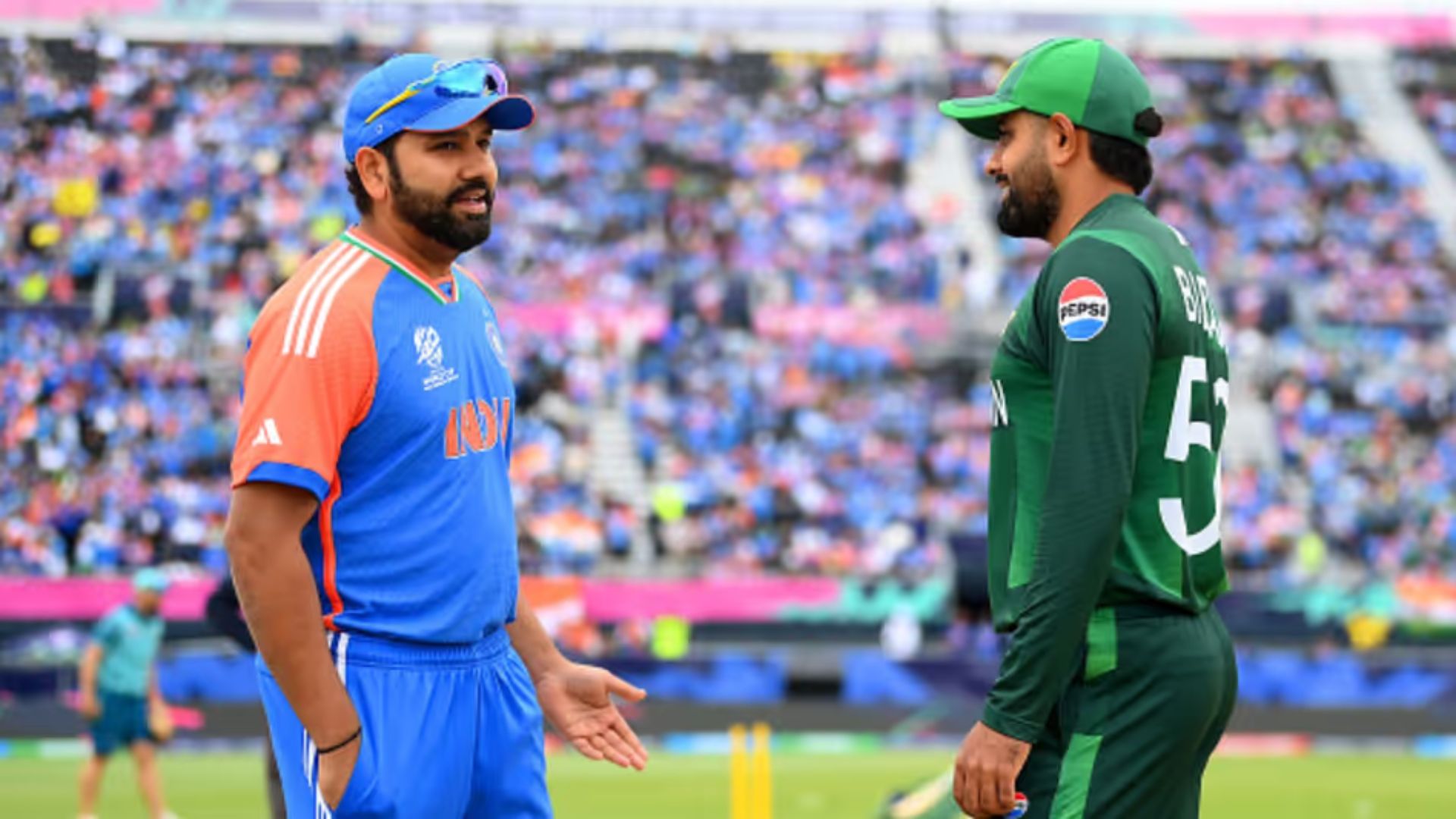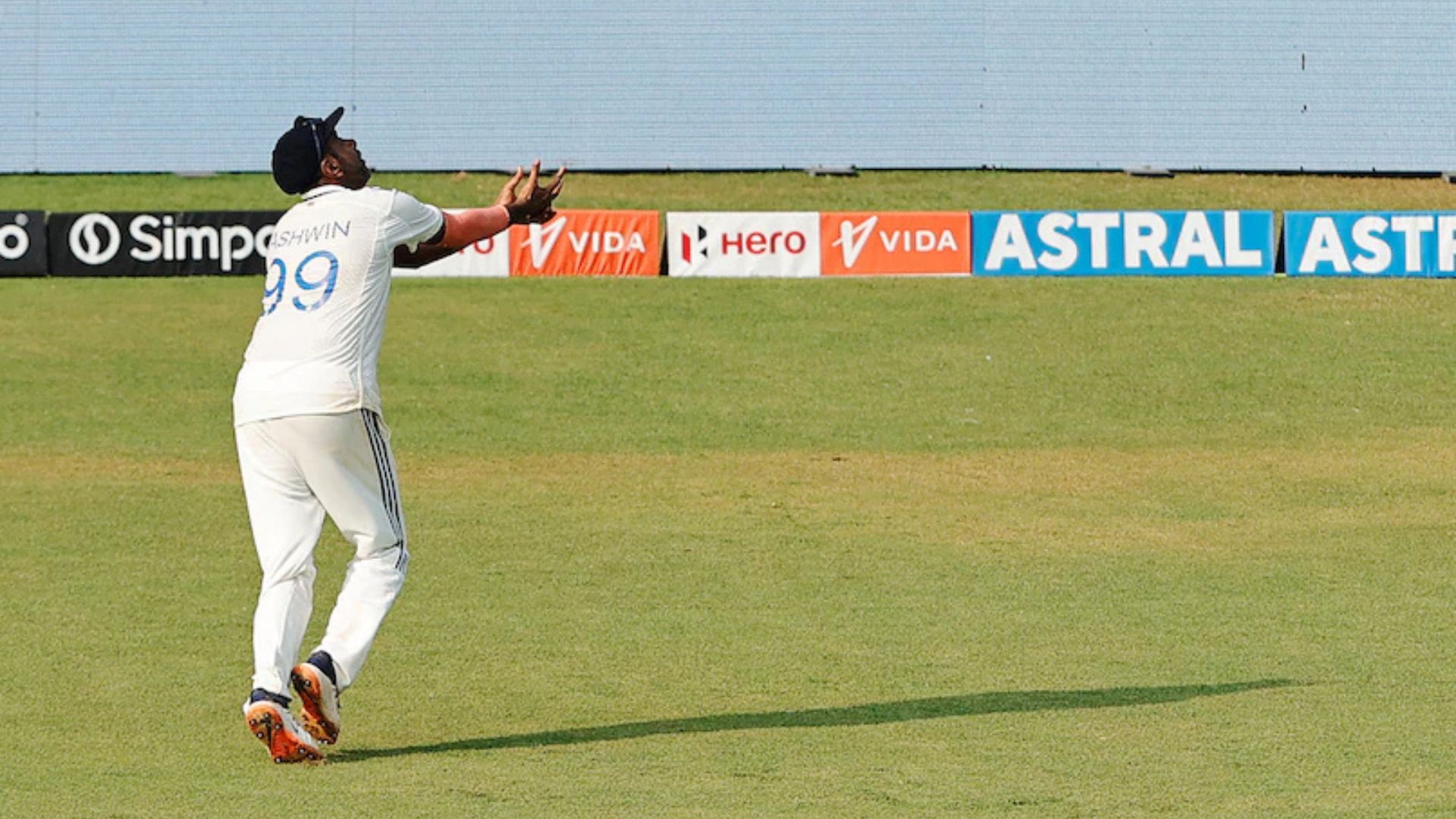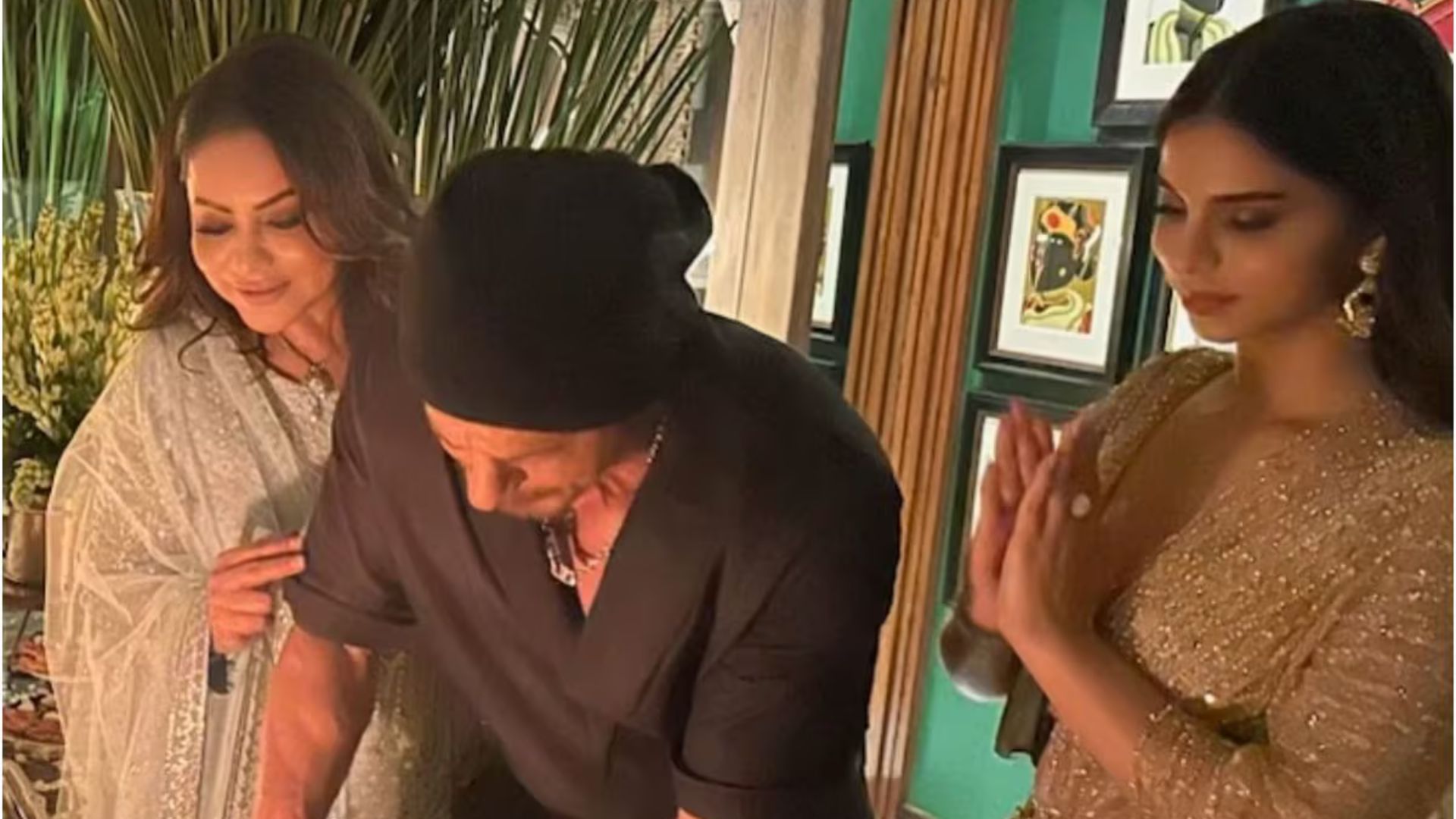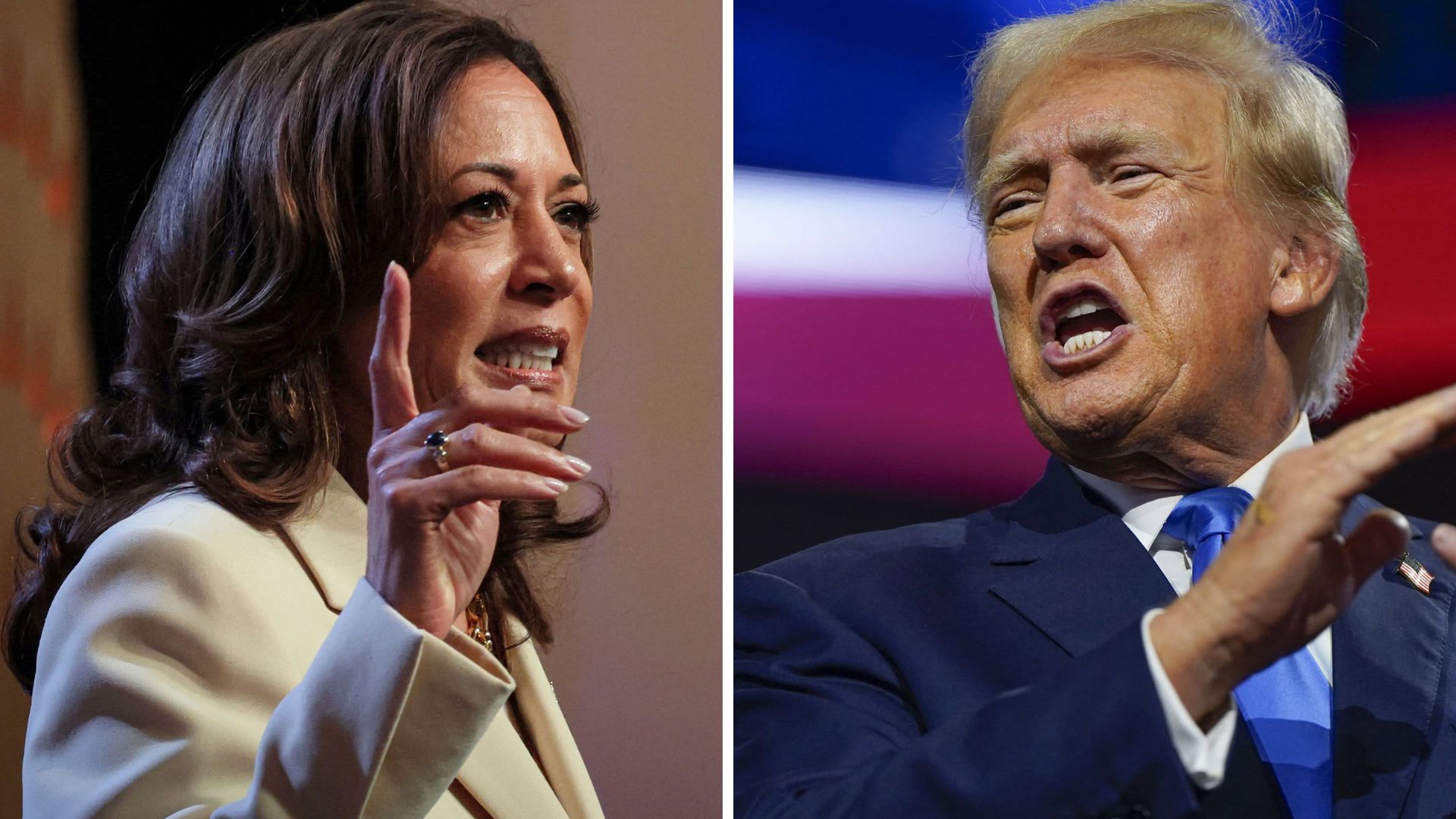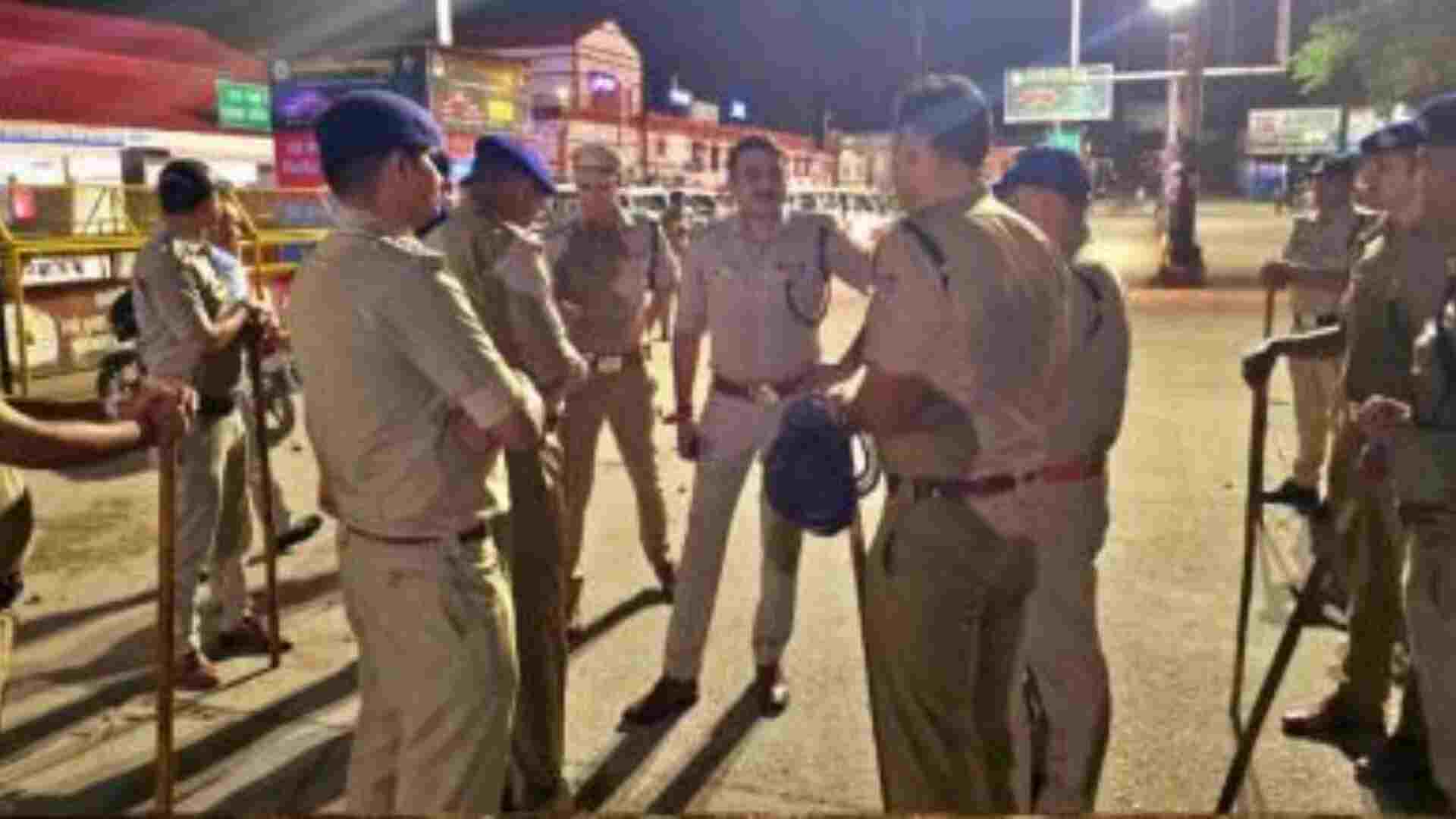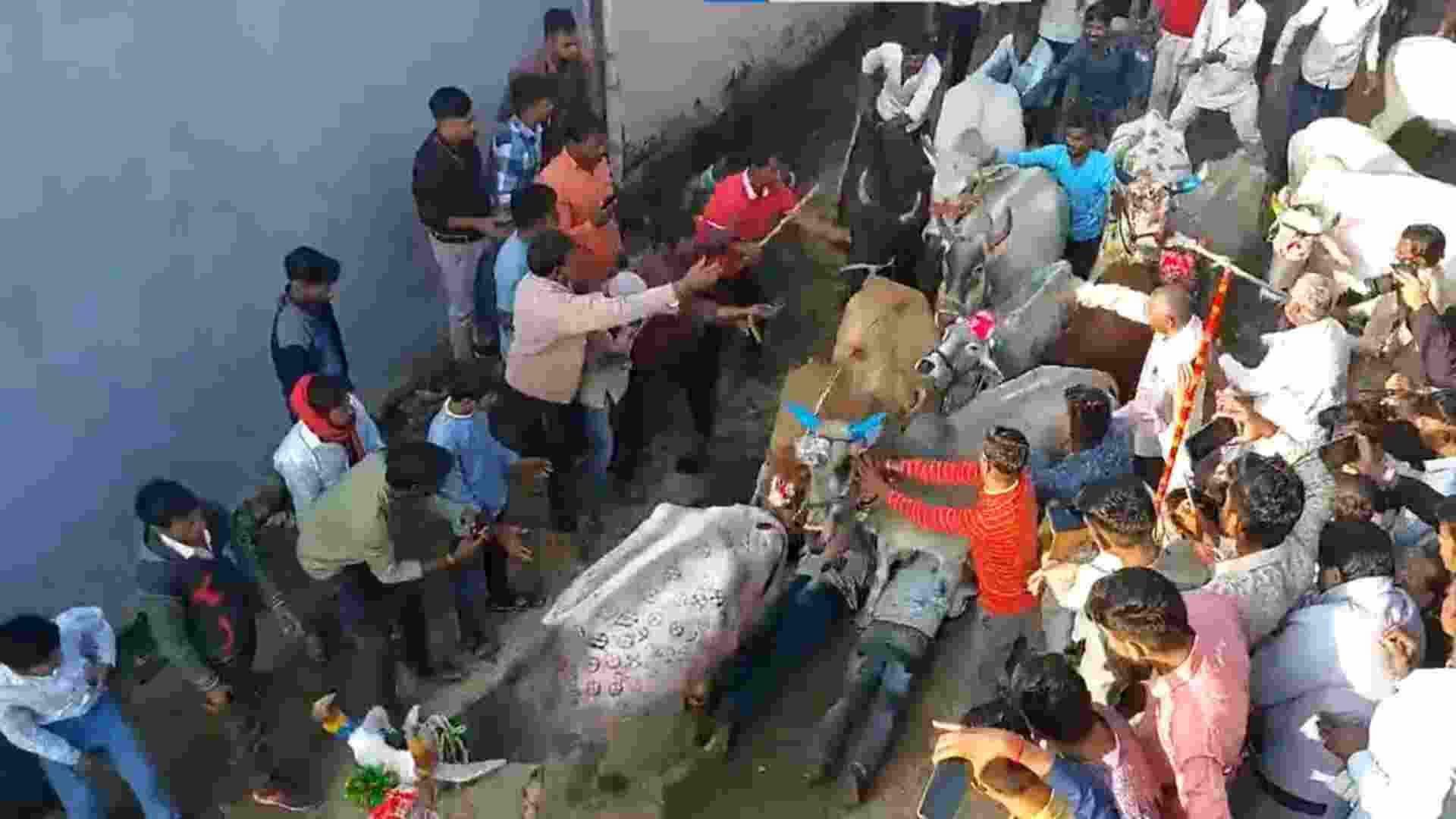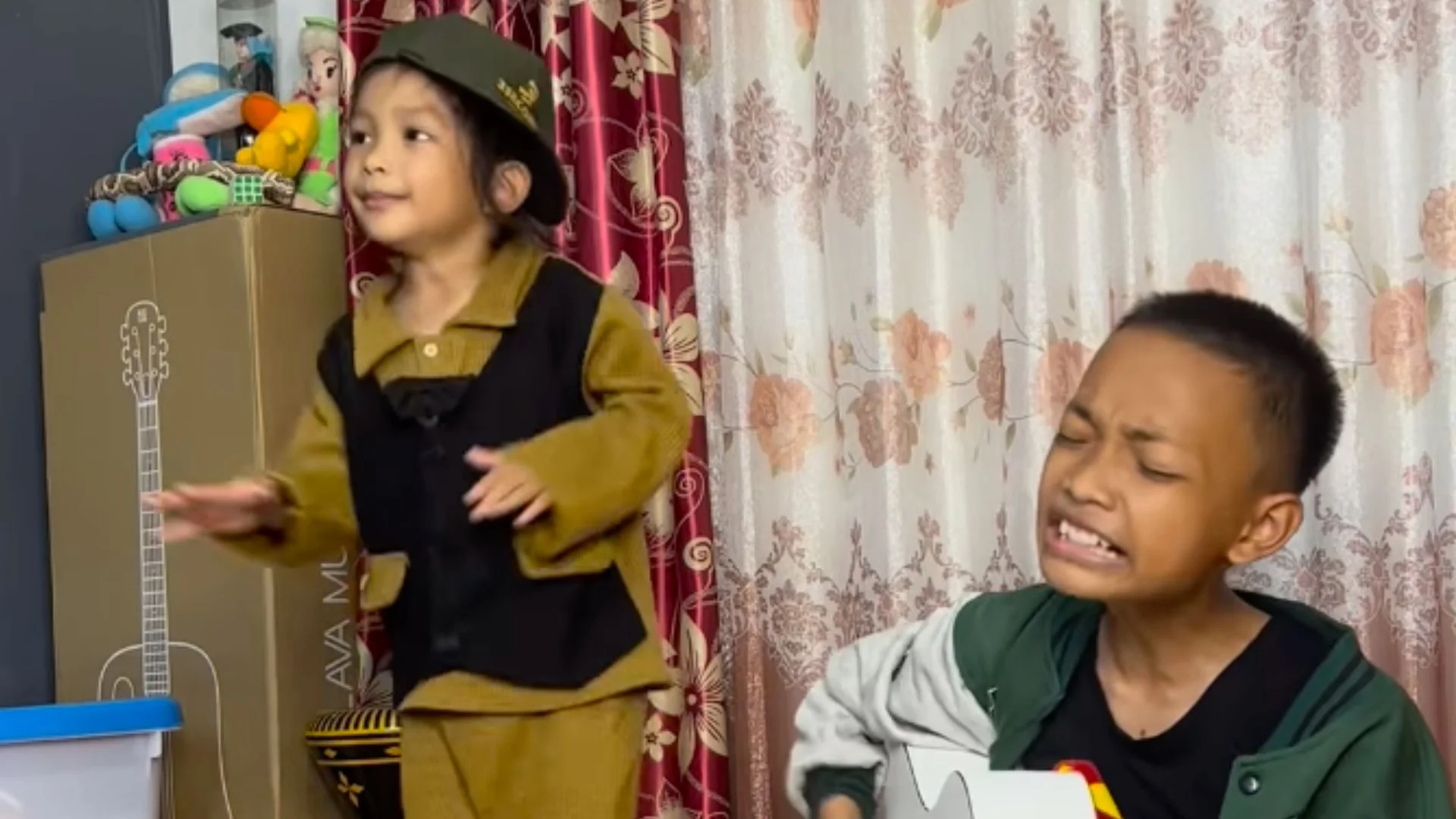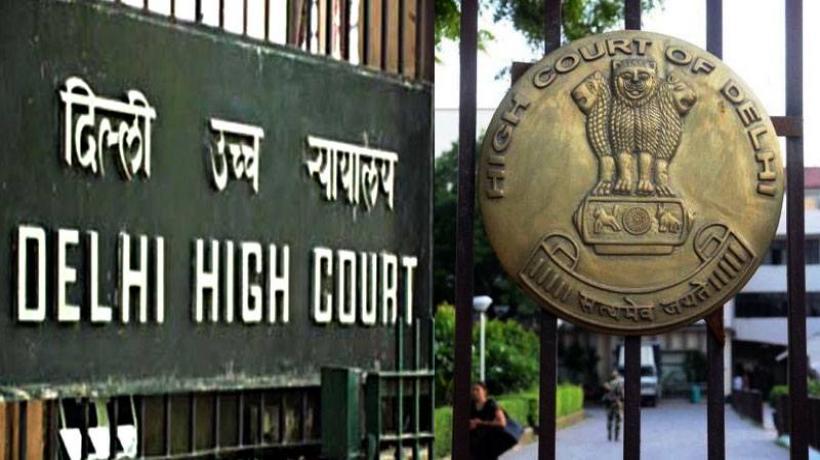
The Delhi High Court dismissed a petition on Wednesday that sought permission for politicians under arrest to campaign for the Lok Sabha polls through virtual means, expressing concerns that it could pave the way for notorious individuals like Dawood Ibrahim to participate in campaigning. Acting Chief Justice Manmohan and Justice Manmeet PS Arora highlighted the potential risks, stating, “You want all the people who are in jail to be allowed to virtually campaign… I’m telling you all the dreaded criminals will register themselves with political parties. And, Dawood Ibrahim who is not convicted will be campaigning. Virtual mode will allow him.”
The court firmly stated that the petition was “highly adventurous” and ran counter to fundamental legal principles, emphasizing that courts are not in the position to make policy decisions. They cautioned against the possibility of criminals, including rapists and murderers, exploiting such provisions, saying, “We cannot allow someone who is in custody to go on a campaign, otherwise all rapists, murderers will start floating political parties prior to the elections and Model Code of Conduct (MCC) coming into force.”
The petitioner, law student Amarjeet Gupta, expressed grievances over the timing of arrests, particularly that of AAP’s Arvind Kejriwal, after the MCC for the Lok Sabha polls had already come into effect on March 16. However, the court reiterated its stance, emphasizing the need for judicial independence from political matters. They stated, “Someone says put him (apparently referring to Kejriwal) in custody. Someone says take him out of custody. Courts are applying their minds and the accused is exercising his right. The matter is being heard.”
Furthermore, in response to arguments regarding the applicability of the MCC on arrests, the court pointed out that legal obligations, such as arresting a candidate for committing a serious crime like murder, cannot be overridden by the MCC. They cautioned against allowing individuals involved in heinous crimes to exploit political processes, stating, “People involved in murder and rape will start floating political parties before elections.”

